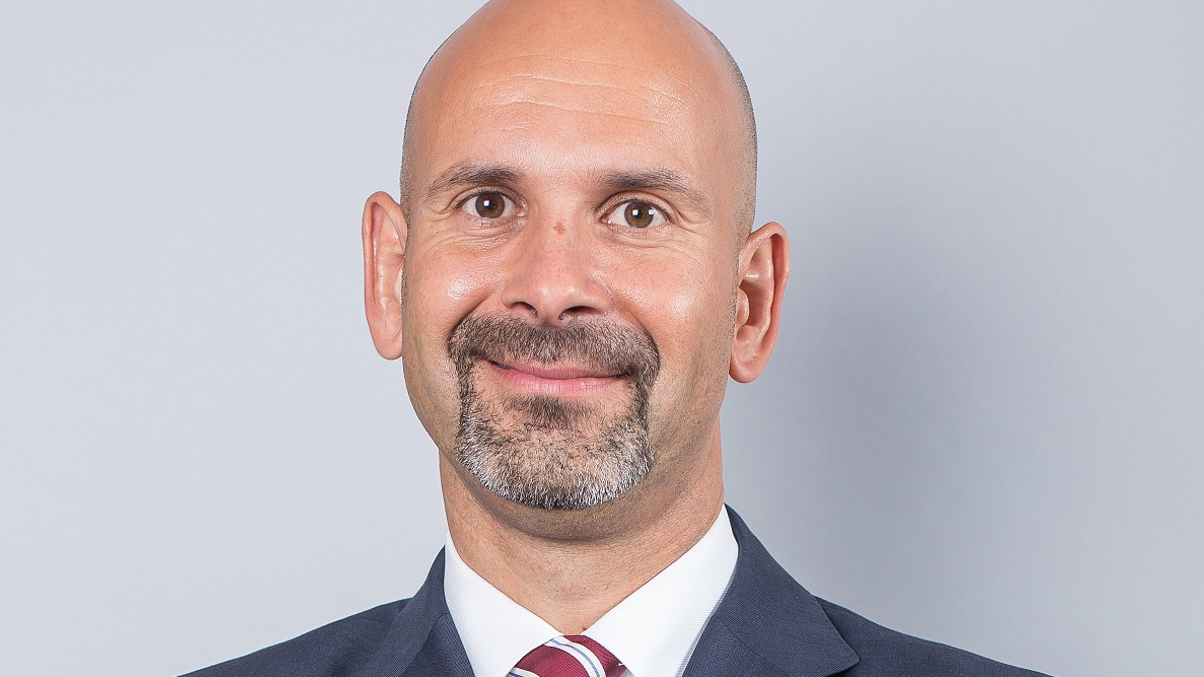Fidelity mulls office openings in Malaysia, Thailand
The fund house is assessing the prospects of establishing its first offices in Indonesia, Malaysia and Thailand in order to support Southeast Asian growth. Offices could open within two years if they get the go-ahead.

Fidelity is considering opening its first offices in Thailand, Malaysia and Indonesia as it looks to expand its business in Asian markets.
Sign in to read on!
Registered users get 2 free articles in 30 days.
Subscribers have full unlimited access to AsianInvestor
Not signed up? New users get 2 free articles per month, plus a 7-day unlimited free trial.
¬ Haymarket Media Limited. All rights reserved.


